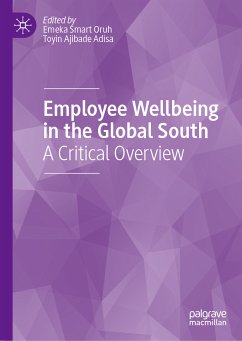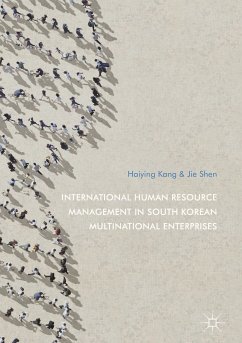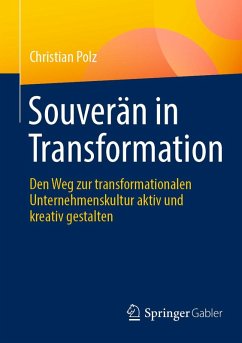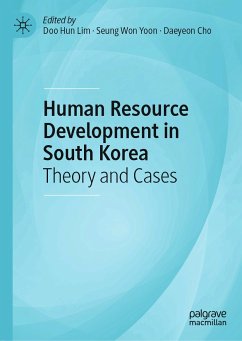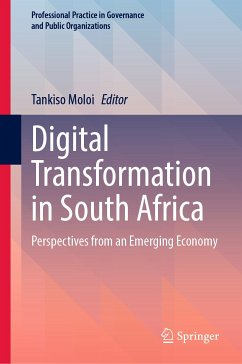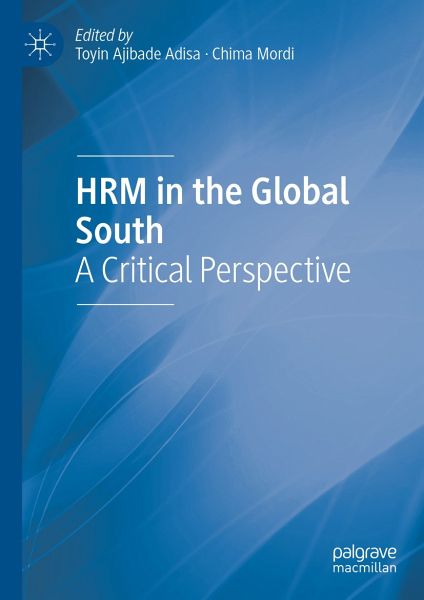
HRM in the Global South (eBook, PDF)
A Critical Perspective
Redaktion: Adisa, Toyin Ajibade; Mordi, Chima
Versandkostenfrei!
Sofort per Download lieferbar
Statt: 192,59 €**
136,95 €
inkl. MwSt.
**Preis der gedruckten Ausgabe (Gebundenes Buch)
Alle Infos zum eBook verschenkenWeitere Ausgaben:

PAYBACK Punkte
68 °P sammeln!
This edited collection offers an insight into the dynamic of HRM in thirteen developing countries across Africa, Asia, and the Middle East. Taking readers through the realities of HRM in the global South, the book identifies the significance of contexts, diversity of cultures, and dissimilarity of processes in managing people. In other words, the book addresses general issues of HRM in cross-national settings to give readers an understanding of HR that is comparative and country-specific. Covering issues in Nigeria, South Africa, Egypt, China, India, Pakistan, Malaysia, Bahrain, Jordan, United...
This edited collection offers an insight into the dynamic of HRM in thirteen developing countries across Africa, Asia, and the Middle East. Taking readers through the realities of HRM in the global South, the book identifies the significance of contexts, diversity of cultures, and dissimilarity of processes in managing people. In other words, the book addresses general issues of HRM in cross-national settings to give readers an understanding of HR that is comparative and country-specific. Covering issues in Nigeria, South Africa, Egypt, China, India, Pakistan, Malaysia, Bahrain, Jordan, United Arab Emirates, and Argentina, each chapter draws out the unique and diverse configurations of HRM in each country. Also examining digital HRM, technology-based entrepreneurship, gig work, artificial intelligence and digitalization in business practice, this book is an invaluable resource for all HRM practitioners, policymakers, students, HRM scholars, international HRM, international business,and business managers across the globe.
Dieser Download kann aus rechtlichen Gründen nur mit Rechnungsadresse in A, B, BG, CY, CZ, D, DK, EW, E, FIN, F, GR, HR, H, IRL, I, LT, L, LR, M, NL, PL, P, R, S, SLO, SK ausgeliefert werden.



